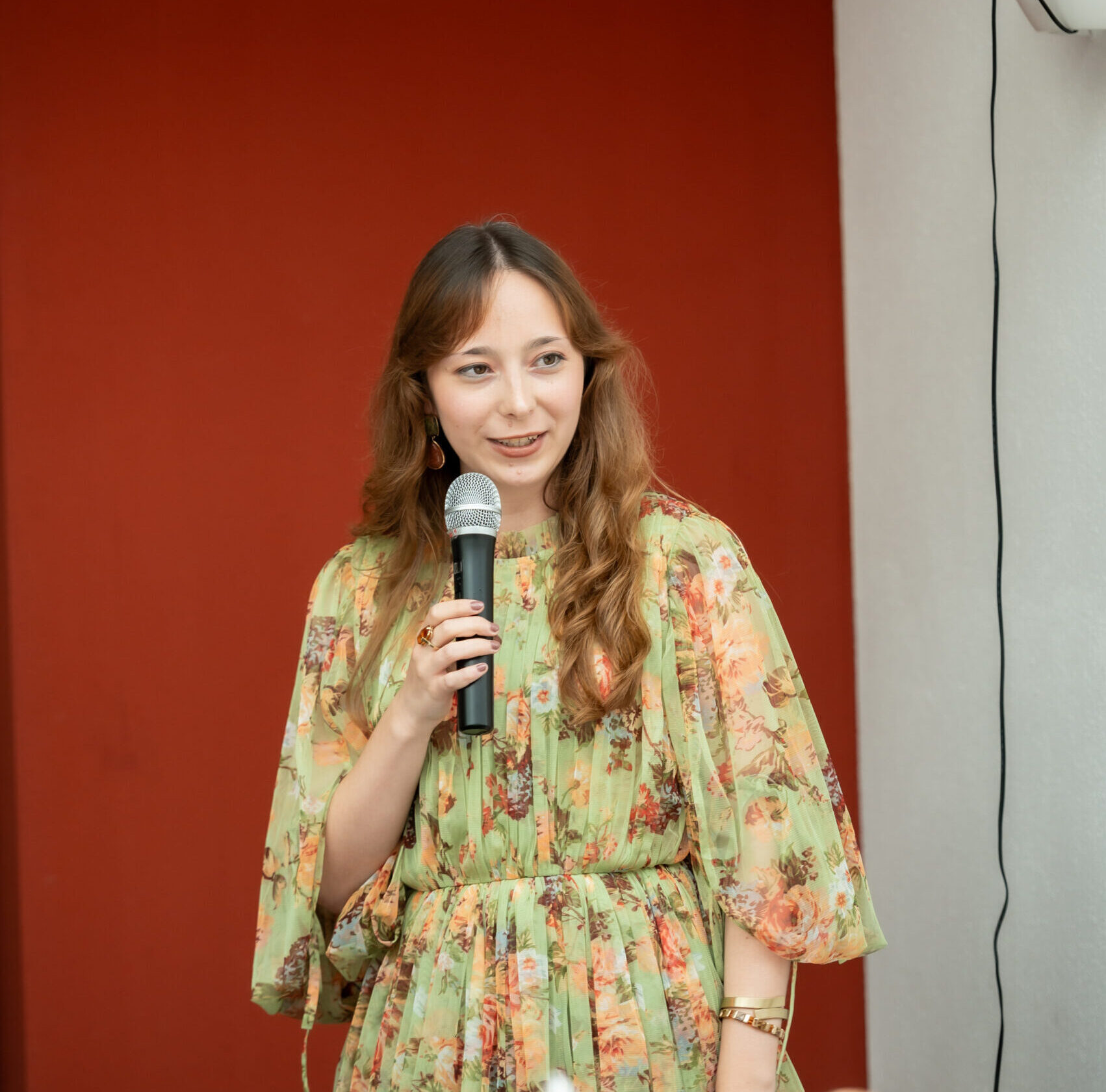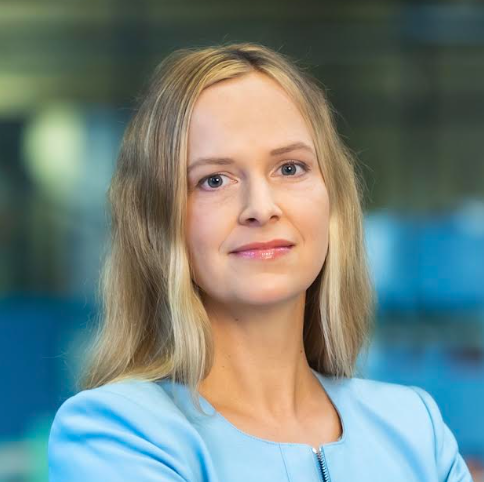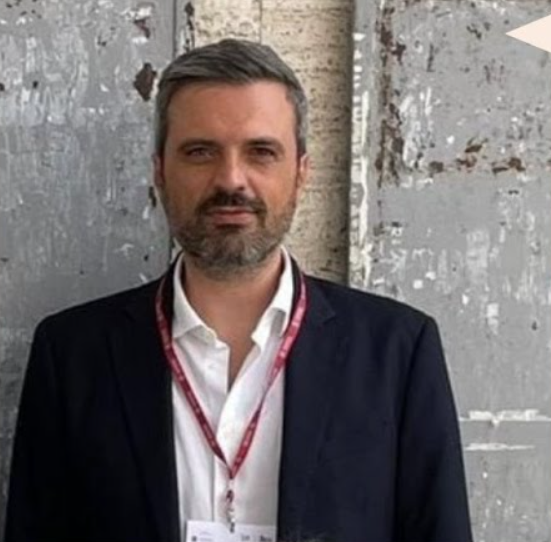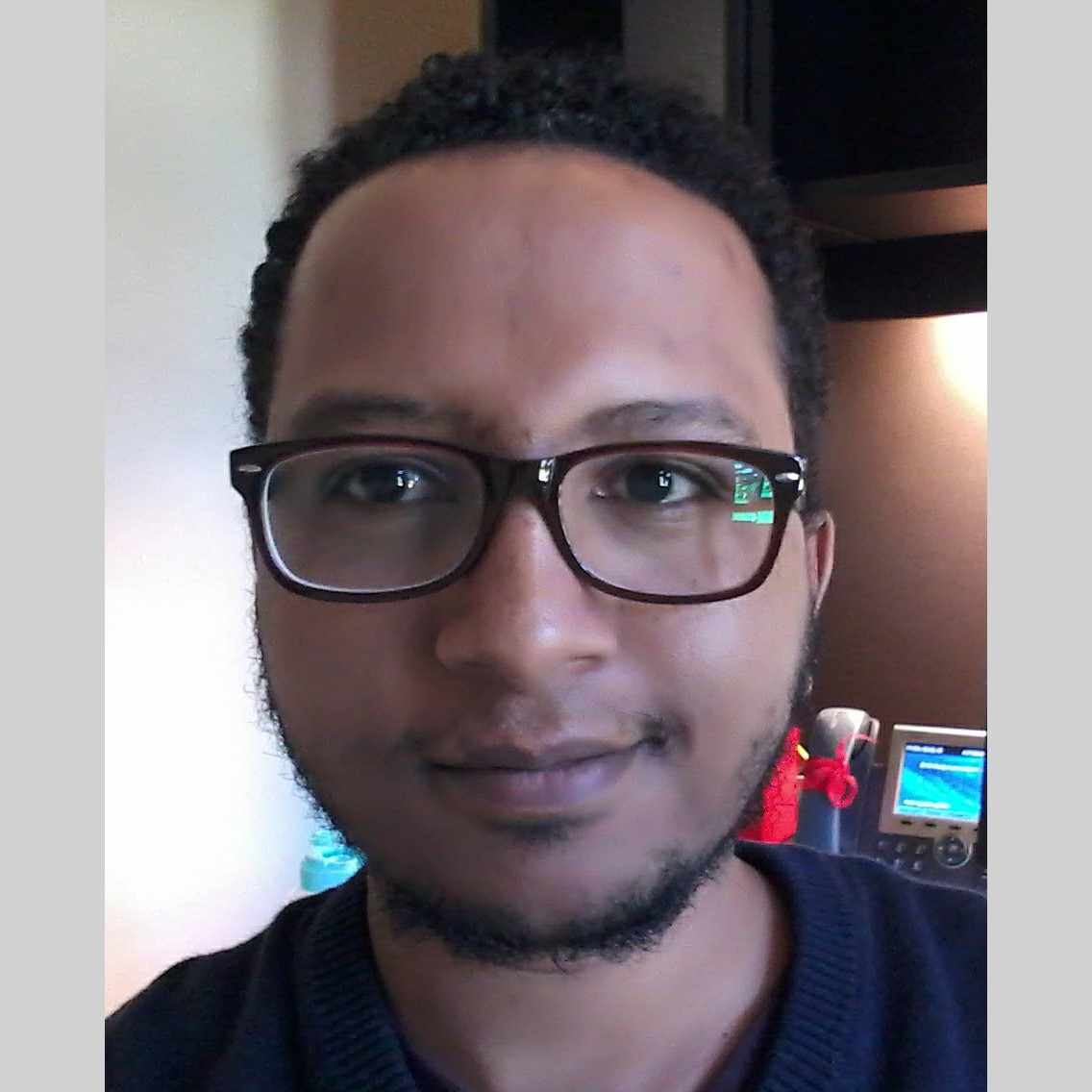Digital constitutionalism describes the political process of entrenching rights and principles into the global governance of digital technologies, specifically the Internet. Digital constitutionalism does not describe actual legal constitutions but normative conversations about which rights and principles should govern the Internet – locally, nationally and globally. Documents of digital constitutionalism have been proposed by different kinds of actors – including civil society, business, governments, national parliaments, political parties, international organizations – and have emerged from a national level or transnationally.
The Digital Constitutionalism Network aims to systematically study the political, social, and legal processes involved in this field. The Network was created in late 2019 from a working group on digital constitutionalism supported by the Bochum-based Center for Advanced Internet Studies (CAIS). As of February 2020, the Network is comprised of members located at twelve universities in Africa, Australia and Europe.

Jens Pohlmann
Lecturer and Professional Researcher, University of California
Marta Maroni
Assistant Professor, Maastricht University
Joanna Kulesza
Assistant Professor and Director of the Lodz Cyber Hub at the University of Lodz
Adio-Adet Dinika
Researcher at the Distributed AI Research Institute (DAIR)
Karla Alvarado Romero
Doctoral Candidate, University of Heidelberg
Karolin Rippich
PhD Researcher, Dublin City University
Tiina Pajuste
Professor, Tallinn University
Chiara Spiniello
Research Fellow, University of Salerno
Krisztina Rozgonyi
Senior Scientist, University of Klagenfurt
Marianne Franklin
Professor, University of Groningen
Mauro Santaniello
Assistant Professor (Director), University of Salerno
Claudia Padovani
Associate Professor, University of Padova
Nicola Palladino
Assistant Professor, University of Salerno
Kinfe Yilma
Assistant Professor, Addis Ababa University
